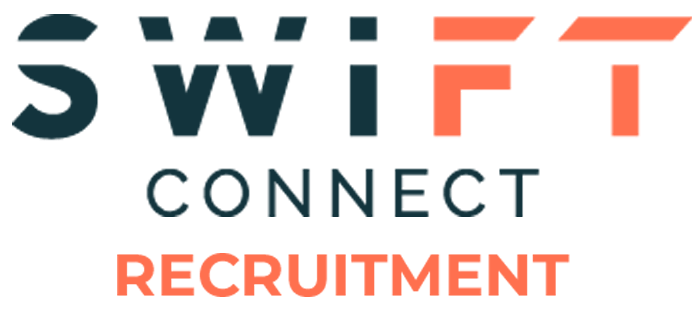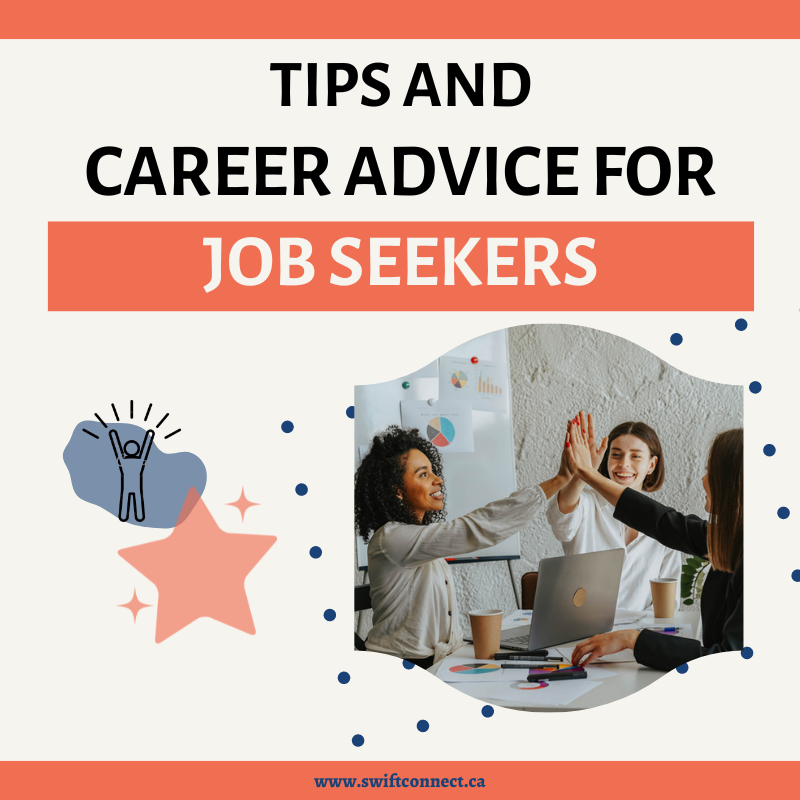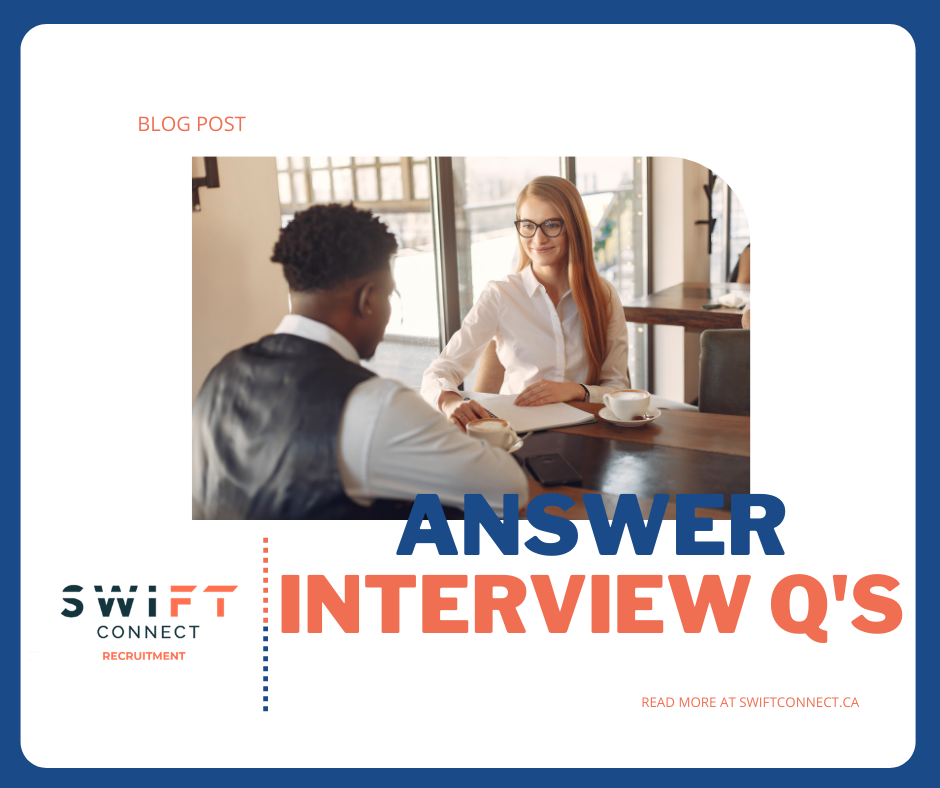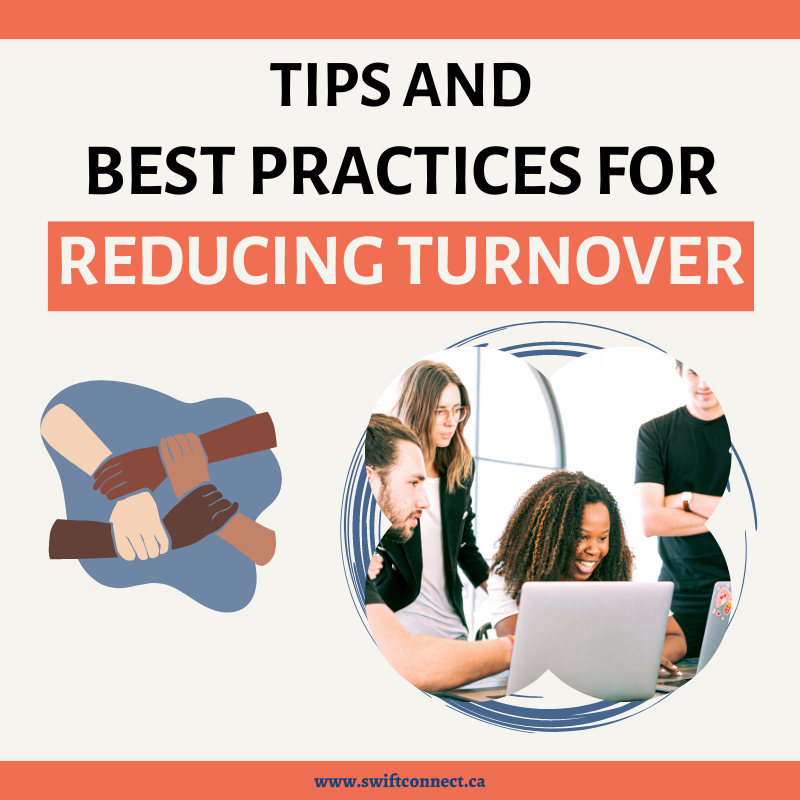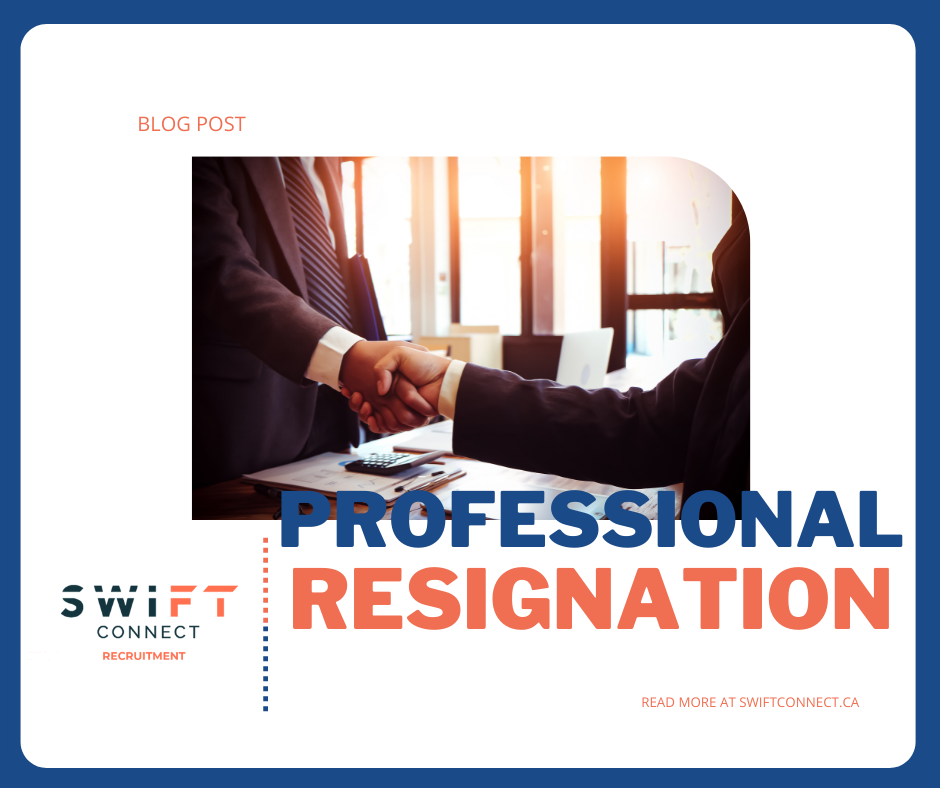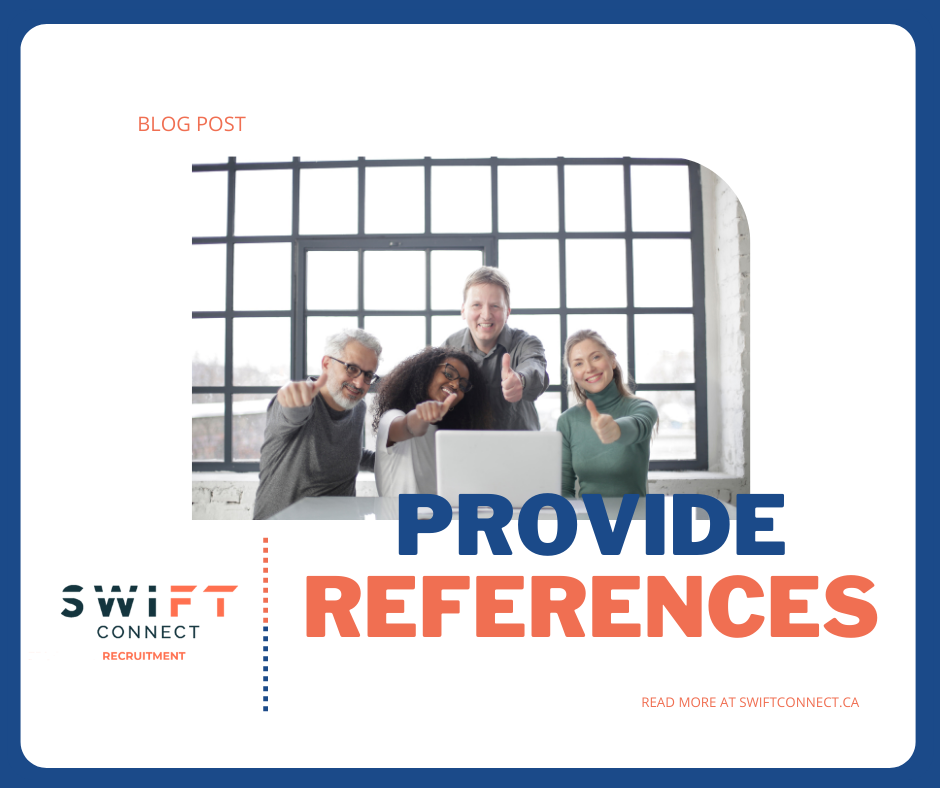How to Make a Good Impression at a Job Interview
A job interview can be scary, that is why we have created this blog post to ease your mind! Here are five ways to make a good impression. These tips can help you build a connection with the prospective employer and create a lasting impression.
Five Ways for Make a Good First Impression:
- Be authentic.
- Make eye contact.
- Be aware of body language.
- Tell them “why”.
- Stay positive.
Be Authentic
Be yourself! Employers want to make connections and the best HR professionals can tell if you are not being authentic. If you are not being authentic, the employer will feel that you do not care about them or that you do not bring anything new to the group. If you are ‘selling’ rather than ‘telling’, the employer will not trust you. Answer questions with enthusiasm and charisma to show your passion for the position and opportunity to have the interview.
Make Eye Contact
Maintaining eye contact throughout an interview shows that you are interested and that you appreciate the opportunity for the interview. Eye contact shows that you are open, honest, and dependable. If you do not keep eye contact with the employer during the interview, they may feel that you are not trustworthy.
Be Aware of Body Language
Displaying positive body language means to be open and attentive while speaking with the employer. As mentioned above, eye contact is a great way to appear open. It is also important to position your body toward the interviewer to show you are engaged in the conversation.
However, you should keep in mind to not have your body closed off (ie. legs and/or arms crossed), this translates to being negative body language. As well, looking away during conversation or blinking too much are both bad things to do.
Tell Them “Why”
You should answer every question to your best ability. However, one thing you can do is to take it a step further. Once you have simply answered their question, discuss why the answer leads you to being the most qualified candidate. Think like “cause” and “effect”.
Stay Positive
To make a good first impression, it is important to leave your worries or negative energy at the door. If you show signs of negativity or conflict, the employer may conclude that that is your attitude and decide you are not a good fit. Once you enter the workplace or start the interview via call, stay positive, relaxed, and enthusiastic. This will help for the interview to go smoothly and show how you can help the business grow.
